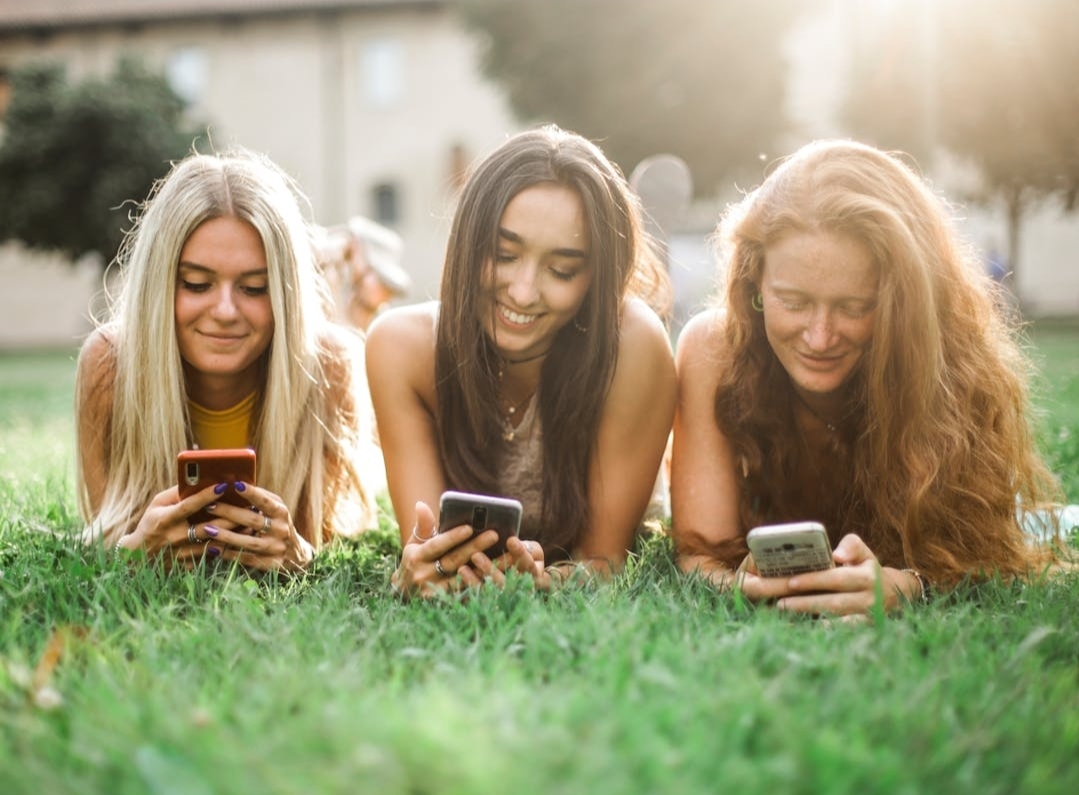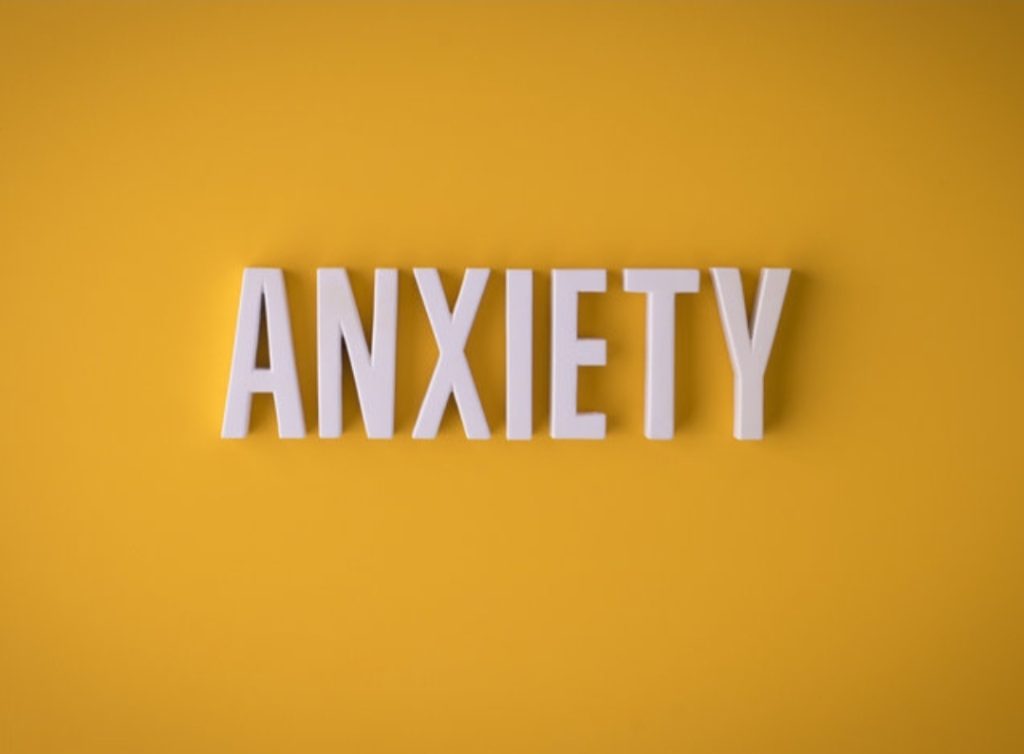Social media is a central fixture of our everyday lives. While it can be effective for communication and education, it is more typically used for entertainment – which means teens are carrying around devices that are custom-fitted to their desires and tastes. Algorithms are designed to occupy the user for as long as possible. This has brought about a phenomenon where youth are spending most of their waking hours focused on their screens, even when they are at school or work.
As anyone could guess, the heavy usage of screen time causes disruptions in teens’ everyday lives. Apps like TikTok and Instagram – which rely on short-form, colorful content – have abbreviated users’ attention spans. The real world appears unappealing to a young mind used to seeing thousands of entertaining snapshots catered to them. Teens are facing a social disconnect; they may spend hours texting friends, but when interacting with their peers in person, they feel anxious and out of place.
Comparison adds to this sense of discomfort. Influencers put out stylized images of themselves and their lives, and it is difficult for young people to differentiate reality from the filtered illusions they see on social media. There is intense pressure to fit a certain look – one that is only achievable with plastic surgery and photo editing. This leads to teens feeling inadequate in comparison. In the 2023 U.S. Surgeon General’s Advisory, we see evidence for “a significant relationship between social media use and body image concerns and eating disorders.”
This issue is intensified by cyberbullying. Teens are reading comment sections on these photos and videos, and these audiences (which are typically comprised of other young people) can be even more damaging than the posts themselves. Growing up online creates a dual way of thinking – a person can be kind in person, could be seen as a thoughtful, gentle person – and then they log on to TikTok and leave vicious comments in the same way they have seen modeled. Teens absorb social pressures and reflect them onto others, creating a cycle where no one wins.
The 2023 Advisory from the US Surgeon General details the statistical evidence for this issue: “adolescents who spent more than 3 hours per day on social media faced double the risk of experiencing poor mental health outcomes including symptoms of depression and anxiety.” When we remember that it is typical for youth to spend even more than 3 hours of each day online, we face a sobering truth. Adolescents are suffering, and they will continue to suffer if we don’t make a change.
Because internet usage is unavoidable for most of us, we should focus our efforts on finding manageable alternatives to the overuse of social media. An article by the National Center for Health Research suggests downloading apps focused on mindfulness and meditation, as these encourage users to feel more comfortable in their bodies. Taking time to slow down and process the events of the day will also decrease stress and anxiety levels. The National Center for Health Research also suggests replacing social media use with creative activities like drawing or cooking. Overall, we should focus on directing teens toward avenues that allow them to develop a sense of self outside of social media influence. This will help teens to spend less time comparing themselves to others, thereby lowering rates of anxiety and depression.
Her Nexx Chapter invites you to join our free Community where women from around the world are connecting with each other’s stories, exploring different experiences, and transforming ideas.
The Future of Connection for Women








0 Comments